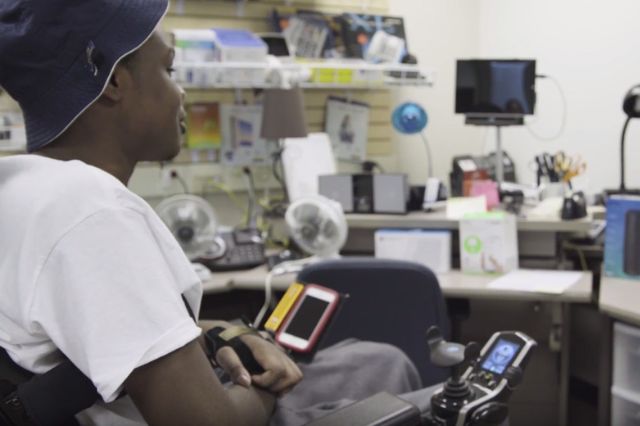Testing and Diagnosing Multiple Sclerosis
An early and accurate MS diagnosis is critical to minimizing relapses and the impact of symptoms on day-to-day life
Medically Reviewed by Ben W. Thrower, M.D.
Multiple sclerosis (MS) cannot be diagnosed with a specific symptom or single lab test. Instead, physicians rely on several strategies and diagnostic tests to confidently make a diagnosis and rule out other possible conditions. Diagnosing MS quickly and accurately is important as neurologic damage can occur in the early stages of MS.
What are the criteria for a MS diagnosis?
A set of diagnostic parameters, known as the McDonald Criteria, makes the process easier and more efficient in diagnosing MS in new patients. To fulfill a definite diagnosis of MS, an individual must have met the following criteria:
- Evidence of damage in at least two separate areas of the central nervous system (CNS), including the brain, spinal cord, and optic nerves.
- Evidence of damage occurring at least one month apart.
- All other possible diagnoses have been ruled out.
If an individual does not meet all the criteria, the case will not be considered MS.
How is MS diagnosed?
The first step in diagnosing the disease is thoroughly reviewing your medical history. During this time, your healthcare provider will gather information about birthplace, family history, environmental exposures, and other illnesses that may meet any risk factors for MS.
Along with your medical history, a physical and neurological exam is used to confirm MS symptoms while testing the nerves that control your vision, strength, and hearing.
The medical history and exam can often provide enough evidence to meet the diagnostic criteria. However, additional testing may be necessary to confirm the diagnosis further or rule out other conditions that may cause symptoms like MS.
How do you test for MS?
MRI Scans
An MRI is the best imaging technology to detect scarring or MS plaques in different parts of the central nervous system (CNS). This test can also distinguish old MS plaques from those currently active or new ones.
Visual Evoked Potential (VEP) Tests
An Evoked potential (EP) test records the nervous system’s electrical response to stimulation to isolated sensory pathways such as visual, auditory, or general sensory. Because slowed response time results from damage to myelin, EPs can often find the existence of scarring along nerve pathways, something neurological exams may miss. Visual evoked potentials are found to be most useful in confirming MS diagnosis.
Spinal Fluid Analysis
A spinal tap can reveal whether you have any antibodies linked to MS. It can also work like a blood test to rule out other diseases and infections that cause similar symptoms.
Blood Tests
While there are no definitive blood tests for diagnosing MS, they can rule out other conditions that may mimic MS symptoms, including Lyme disease, collagen-vascular diseases, rare hereditary disorders, and acquired immune deficiency syndrome (AIDS).
What should I do if I think I have MS?
Since diagnosing MS can be very challenging, it must be done by a neurologist specializing in treating MS. The MS care team at Shepherd Center has exceptional knowledge and experience treating patients with MS, so we understand how to differentiate the disease from similar conditions. We offer second opinions to confirm your initial diagnosis. We also offer continuation of treatment or adjustments to your medical care plan once you are diagnosed. At this time a referral is required from a medical provider.
The Andrew C. Carlos Multiple Sclerosis Institute at Shepherd Center
Contact Us
Our Address
2020 Peachtree Road NW
Atlanta, GA 30309-1465
Clinic, Rehabilitation, and Wellness Hours
Monday to Friday
8:00 a.m. – 4:00 p.m. ET




